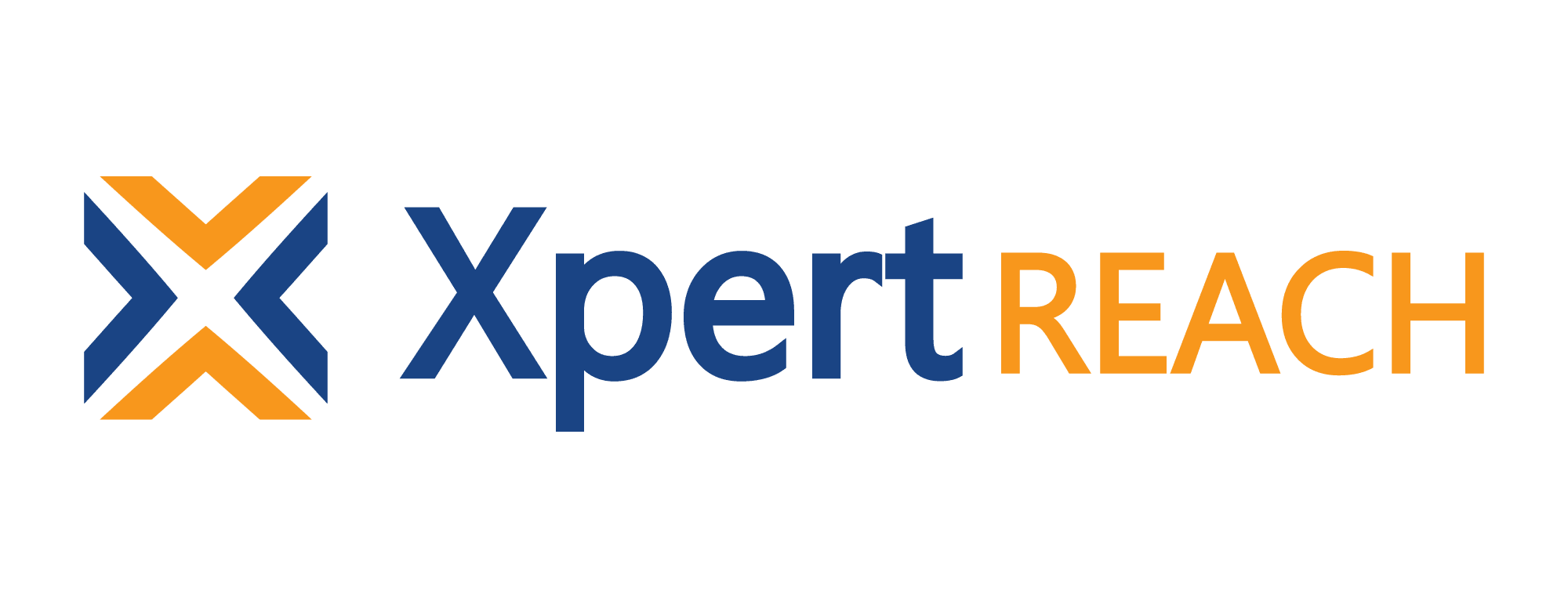The evolution of the organisation to a skills based workforce; and how it impacts on the workplace and hiring
Organisations are rapidly moving towards a skills-based model for their workforce. The focus of hiring is on the specific skills and experience that an individual brings to a project allowing for more agile workplace, with improved innovation and work satisfaction for the workforce.
A skills-based organisation is one that values and rewards individual skills and experience over traditional job titles and roles. Instead of hiring based on job descriptions and titles, organisations identify the specific skills and experience needed for a particular project or task and recruit individuals with those skills. This approach allows for greater flexibility in the workforce, as individuals can be moved between projects and tasks as needed, based on their skills and experience.
The limitations of a traditional organisational structure based on job titles and roles are becoming increasingly clear. This approach can limit organisational fluidity, agility, growth, and innovation, as individuals may be constrained by their job titles and roles. Additionally, this approach can limit diversity, as individuals may be hired based on their job title or role, rather than their skills and experience. This approach can also limit the ability of organisations to offer a positive workforce experience, as individuals may feel constrained by their job titles and roles.
Recent research and surveys have shown that organisations are rapidly moving towards an HR model that places skills at the centre. For example, a survey by Deloitte found that 93% of companies are moving towards a skills-based model for their workforce. Similarly, a survey by McKinsey found that 67% of companies are using freelance or consulting talent to help them move towards a skills-based model.
Organisations are also changing the way that work is designed around projects or outcomes to meet business priorities. This approach allows organisations to more effectively leverage the skills and experience of their workforce, as individuals can be moved around the organisation fluidly to meet the specific requirements of each project or task. For example, a company may bring in a freelance or consulting talent to help with a specific project, or move an internal employee to a new project based on their skills and experience.

One example of an organisation that has successfully implemented a skills-based model is IBM. IBM has a program called “New Collar” that is designed to recruit individuals based on their skills and experience, rather than their job titles or degrees. This approach has allowed IBM to more effectively leverage the skills and experience of its workforce, while also promoting greater diversity and a more positive workforce experience.
Organisations can meet their priorities by fluidly deploying individuals or assembling “teams” of people based on different skills. This approach allows organisations to effectively leverage the skills and experience of their workforce to meet specific business goals and priorities:
-
- Digital transformation project: A company is looking to digitally transform its business operations. The project requires skills from various functional units, including IT, marketing, and finance. To assemble the team, the company identifies individuals with specific skills such as data analytics, website development, and digital marketing.
- Product launch project: A company is launching a new product line and requires a team with skills in product design, marketing, and supply chain management. The team is assembled by identifying individuals with specific skills such as product development, digital marketing, and logistics.
- Business expansion project: A company is looking to expand its business into a new market. The project requires skills from various functional units, including sales, marketing, and finance. The team is assembled by identifying individuals with specific skills such as market research, sales strategy, and financial modelling.
- In the insurance sector, for example, a major initiative like the implementation of a new underwriting system or a fraud detection system may require individuals with specific skills such as actuarial analysis or data analytics.
- Similarly, in the financial services sector, the implementation of new regulations or the development of new investment products may require individuals with specialised experience in risk management or financial modelling.
- In the retail sector, a major project like the rollout of a new e-commerce platform or the launch of a new product line may require individuals with experience in digital marketing, supply chain management or logistics.
- In the manufacturing sector, a major project like the implementation of a new production system or the development of a new product may require individuals with experience in process engineering or product design.
- In the infrastructure sector, major projects such as the construction of a new airport or the development of a new power plant may require individuals with experience in project management, civil engineering or environmental management.
By bringing together individuals with the right skills, the team is able to successfully complete the project and drive digital transformation across the organisation. External consultants can be brought in on a project basis where specific skills are not readily available internally.
In each of these examples, the organisation is able to meet its priorities by fluidly deploying individuals or assembling “teams” of people based on different skills. This approach allows organisations to more effectively leverage the skills and experience of their workforce, while also promoting greater flexibility and agility in the workplace. By assembling teams based on specific skills and experience, organisations can more effectively pursue their business goals and drive growth and innovation.
Startups can also benefit from adopting a skills-based workforce from their early days. A skills-based workforce can help startups more effectively leverage the skills and experience of their employees, while also promoting greater flexibility and agility. Startups can leverage freelance or consulting talent to quickly build specialised teams, and provide them with the specific skills and experience needed for each project or task. This can enable startups to more effectively pursue their business goals and grow their businesses quickly, while also promoting a positive and flexible workplace culture.
For example, a startup in the e-commerce space may require individuals with specialised experience in digital marketing, website development or supply chain management to launch and scale their business. Similarly, a startup in the fintech space may require individuals with specialised experience in financial modelling, risk management, or software development to develop and launch new financial products or services.
As organisations move towards a skills-based model, the recruitment space is also changing. Organisations are increasingly using internal as well as external project-based workers to meet their skills-based hiring requirements. Agile recruitment platforms such as XpertReach.io can help organisations meet these requirements by providing access to a large pool of freelance or consulting talent with the specific skills and experience needed for each project or task. These platforms can also help organisations streamline their recruitment processes and identify top candidates more efficiently and effectively.
In conclusion, organisations are rapidly moving towards a skills-based model for their workforce. This approach allows for greater fluidity, agility and innovation in the workplace. By leveraging the skills and experience of their workforce, organisations can more effectively meet the specific requirements of each project or task, while also promoting a more positive and flexible workplace culture. Agile recruitment platforms can help organisations meet their skills-based hiring requirements by providing access to a large pool of freelance or consulting talent, while also streamlining their recruitment processes.
